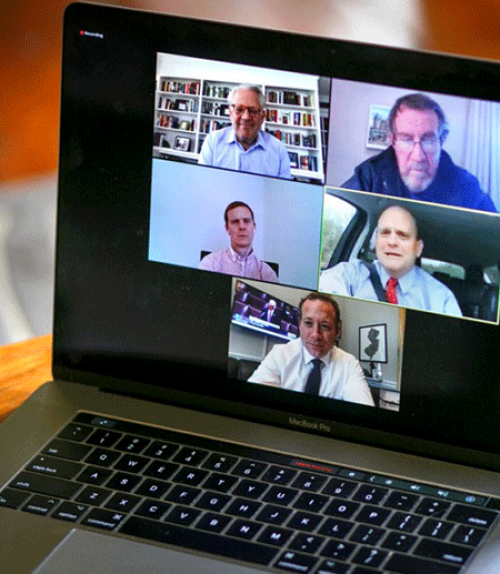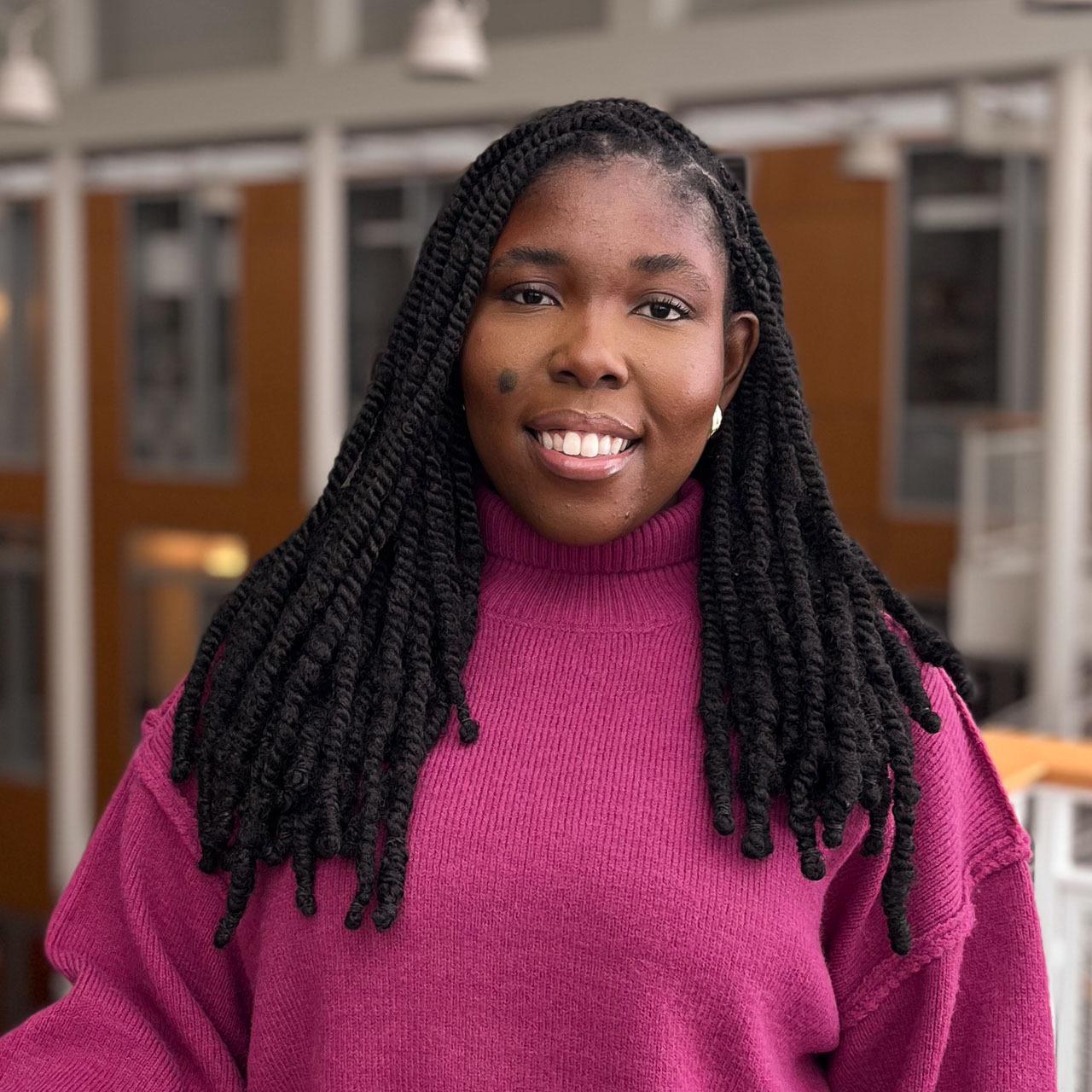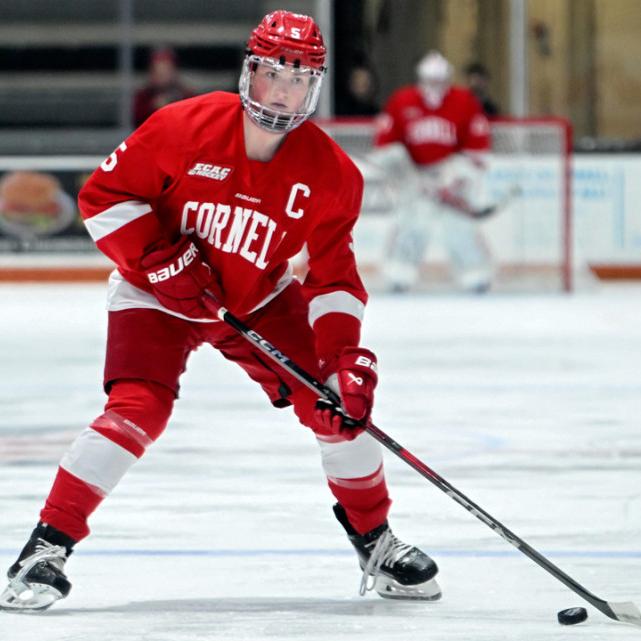
 Department Homepage
The College of Arts & Sciences
Department Homepage
The College of Arts & Sciences
Problem Solvers Caucus strives to lead pandemic response
A bipartisan group of lawmakers hopes to shape Congress’ response to the COVID-19 pandemic and encourage a less divisive – and more productive – climate in Washington, a pair of members said during a Cornell forum April 23.




